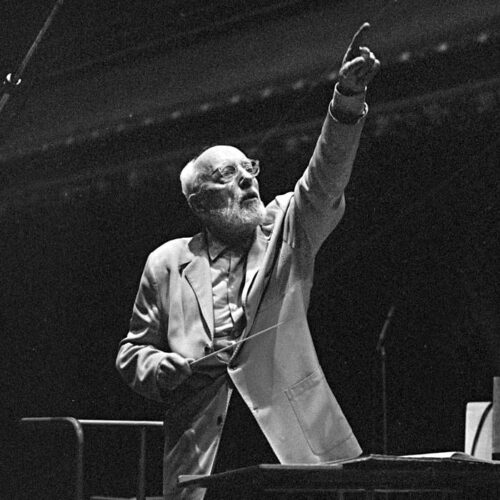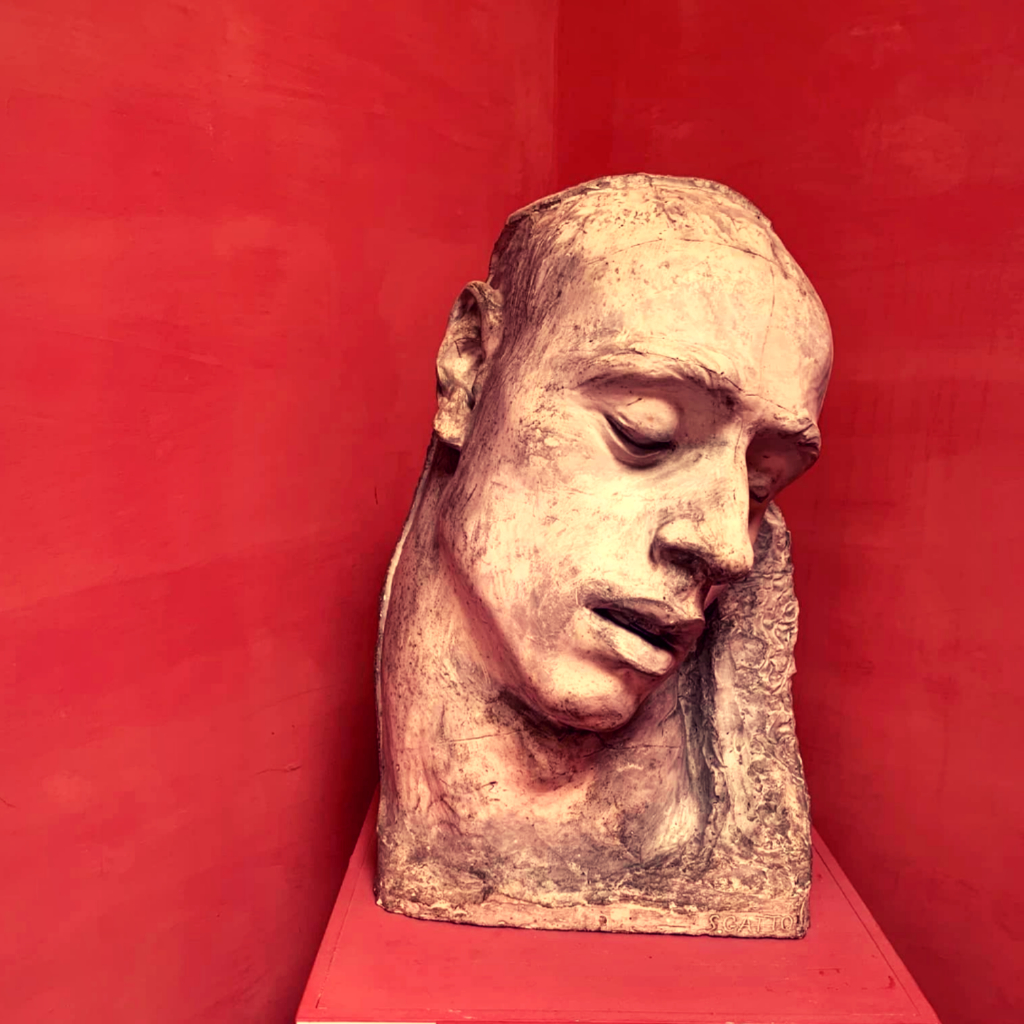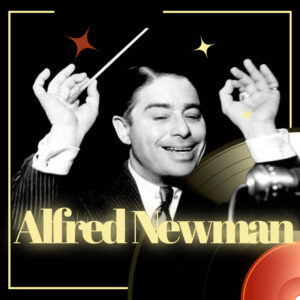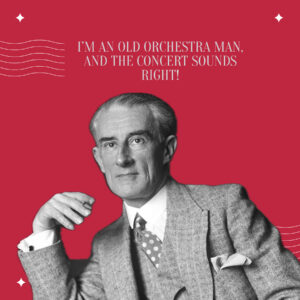
Historic footage of the great Swiss conductor Ernest Ansermet (1883-1969) rehearsing Haydn and De Falla with members of the Orchestre de la Suisse Romande and sharing some of his views on conducting and music (in French).
Filmed in 1963.
The Swiss conductor, Ernest Ansermet successively studied the clarinet, violin and brass instruments. Besides Music, he studied Mathematics in Lausanne and graduated with a Diploma in 1903. In 1906 he decided to continue his studies at the Sorbonne and, at the same time, to attend courses at the Paris Conservatory. After his return to Lausanne, he taught Mathematics for one more year before devoting himself entirely to music.
Ernest Ansermet became director of Spa concerts in Montreux. Since Igor Stravinsky then lived in Clarence, the first interpretations of Le Sacré du Printemps, Petrouchka, L’Histoire du Soldat, Bajka and Svadebka were created in cooperation. His meeting with Sergei P. Diaghilev in Geneva was significant. In December 1915, he conducted for the first time the Russian Ballet Orchestra at the Red Cross gala concert in the first choreography performance of Leonid Massin on the music of Nikolai Roman-Korsakov. In 1916, he embarked on the first American tour with the German Ballet. As a prominent Stravinsky Intellectualist in 1918, he gave the first performance of L’Histoire du Soldat; in 1920 The Song of the Nightingale and Pulcinella, in 1922 Bajka and in 1923 Svadebka also Capriccio for piano (1929) and its Mass (1948).
Ernest Ansermet is a recognized Prime Minister of many other composers: Parada Erik Sati (1917), Le Trihorne Manuel de Falla (1919), Chute Sergei S. Prokofiev (1923). Living in Geneva since 1915, he conducted three orchestras simultaneously: the Russian Ballet Orchestra, the Roman Orchestra (founded in 1918) and the Argentine National Orchestra in Buenos Aires, which he also founded. For ten years he spent winters in Geneva and summers in Argentina. All the major orchestras sent him an invitation, but he refused most of them to create a living musical tradition in Switzerland. In 1940, L’Orchestre de la Suisse Romande was founded (with the support of Swiss radio) and was closely associated with his name. He conducted the orchestra until 1967.
Ernest Ansermet was a consistent connoisseur of Swiss composers Arthur Hongger and Frank Martin. He gave the first performances of the following works by A. Honegger: Victory by Horace (1921), Chant de Jouy (1923), Rugby (1928) and the Pacific Ocean 231 (1923), which were dedicated to him, and the following works by Frank Martin: Symphony (1938), Land of Pax (1945), Der Sturm (1956), Le mystère de la Nativité (1959), Monsieur de Pourceaugnac (1963) and Les Quatre Éléments, which were dedicated to it. Also important were the first performances of Benjamin Britten’s Rape of Lucrezia (1946) and Cantata misericordium (1963).
Get the Ernest Ansermet: French Music – Ernest Ansermet (Conductor), L’Orchestre de la Suisse Romande (Orchestra) Format: Audio CD here: https://amzn.to/31SVa1h



